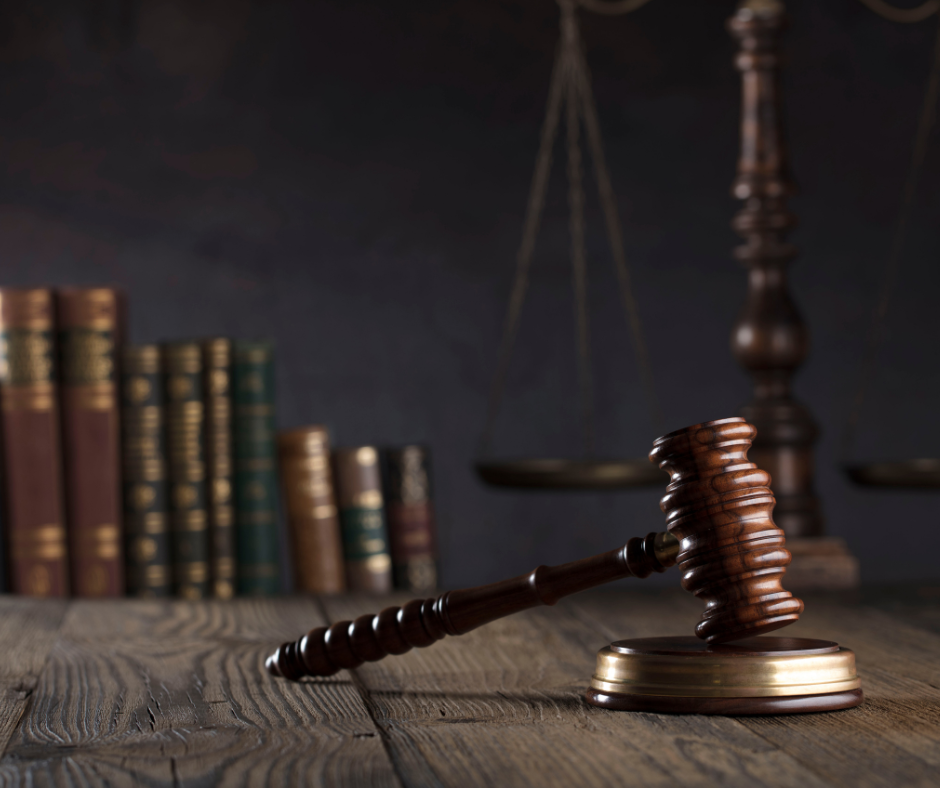Juvenile Drug Possession Charges Can Ruin Your Future
Many drugs, chemicals, and medications are controlled and regulated by state and federal laws. If you have them without a valid prescription, you could face drug possession charges. When someone under 18 knowingly has a regulated drug without a good reason, it's considered illegal, and they might face juvenile criminal charges.
When an adult is caught with controlled substances, their case is handled in a regular district court. However, for juveniles, the process differs significantly as their cases are handled in juvenile court, which aims to focus on rehabilitation over punishment.
What Constitutes Juvenile Drug Possession?
Juvenile drug possession refers to a minor having a controlled or illegal substance without legal justification. Such charges often arise during routine traffic stops or police searches, even if the drugs are not physically on the minor but accessible to them.
Common substances in juvenile drug cases include marijuana, alcohol, and prescription medications like opioids. Misuse of prescription drugs is particularly concerning among teenagers, leading to severe legal consequences for possession without a valid prescription. But if someone with a prescription gives pills from their bottle to another person, the one without the prescription can be charged with juvenile drug possession, and the one sharing the drug can be charged with distributing a controlled substance.
Juvenile Drug Possession Penalties
The penalties for juvenile drug possession can vary widely, focusing more on rehabilitation than punishment. Unlike adult criminal law, the juvenile system often explores options that prioritize the minor's best interests and future prospects. The range of options are not guaranteed but can be considered in juvenile drug possession cases.
- Probation: A juvenile may be placed under probation, where they must meet specific conditions such as attending school regularly, performing community service, or attending counseling sessions. Compliance with these conditions is monitored by a juvenile probation officer.
- Counseling: Rehabilitation is a cornerstone of juvenile court rulings. Courts may order counseling sessions for both the juvenile and their parents to address drug use and provide education on the dangers of substance abuse.
- Diversion Programs: For first-time offenders, many jurisdictions offer diversion programs, which are informal alternatives to formal court proceedings. Successful completion of such programs often leads to the dismissal of charges, providing a second chance for the juvenile.
- Detention Options: In more severe cases, options like home confinement, placement with foster families, or juvenile detention centers may be considered. These are usually last resorts and are often applied in cases of repeated offenses or crimes associated with drug possession.
The juvenile courts tend to be open to various treatment options and will exhaust all possibilities before incarcerating a juvenile.
Why You Need an Experienced Juvenile Drug Possession Attorney
A skilled lawyer can make a significant difference in a juvenile's case, potentially affecting their education, extracurricular opportunities, and future employment prospects. Whether you are a parent or a juvenile, find an experienced defense attorney who will review the facts and determine if police acted properly during their search and confiscation of the drugs. Don't leave a juvenile's future to chance. If your child is facing drug possession charges, contact Bruno Law today to consult with an expert defense attorney who can help navigate the complexities of juvenile law and seek the best possible outcome.

